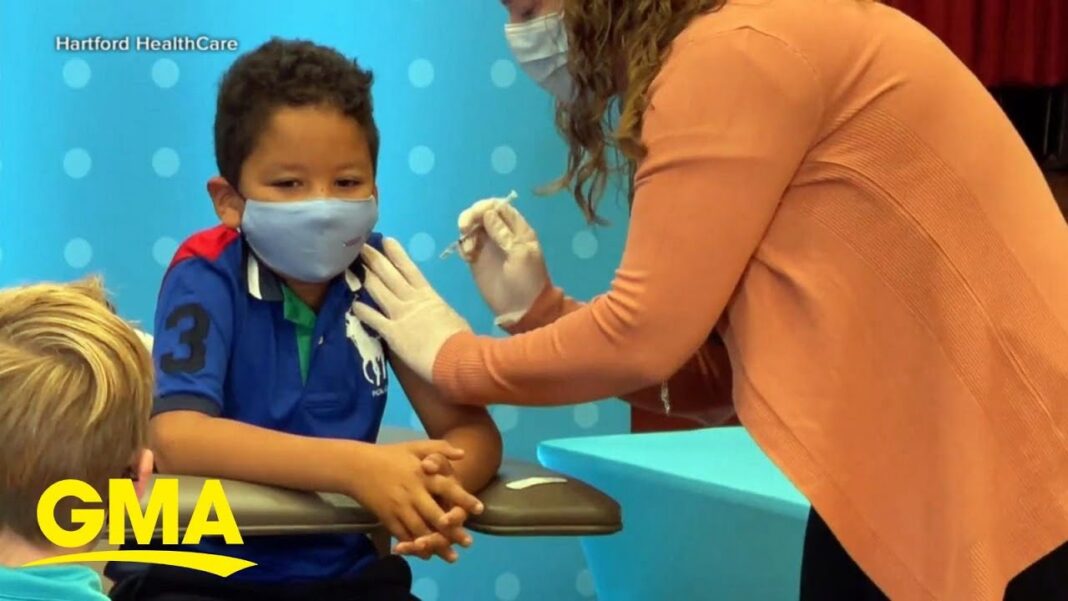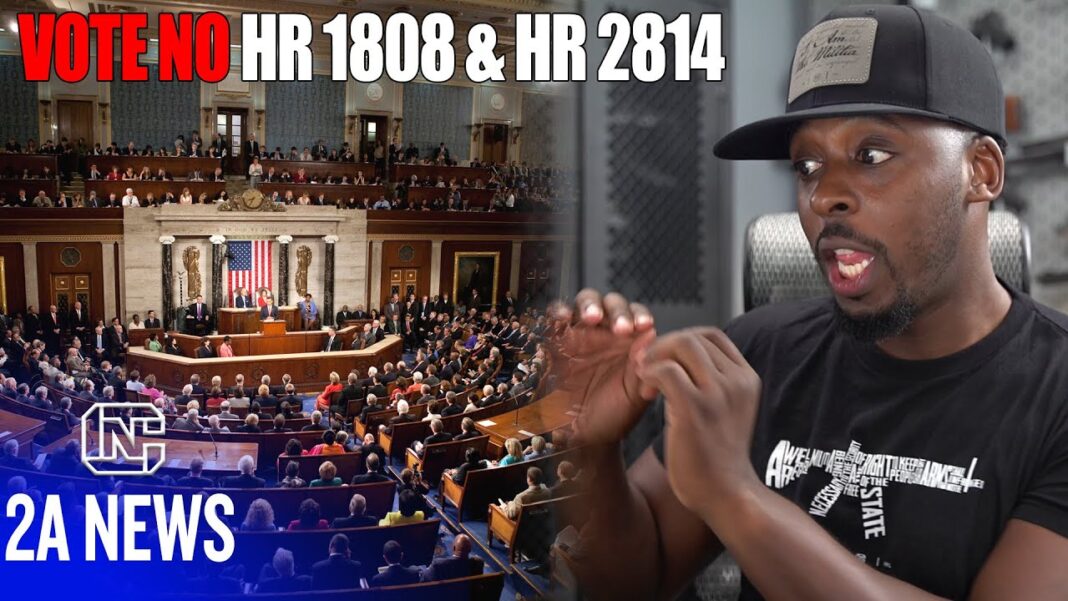U.S. drug regulators have rejected a request to revoke emergency authorization for Pfizer’s COVID-19 vaccine for 12- to 15-year-olds.
“Petitioner has provided no basis to demonstrate that the EUA should be revoked,” Dr. Peter Marks, a top Food and Drug Administration (FDA) official, wrote in a June 17 letter, which was made public on July 21.
He was responding to the Informed Consent Action Network, which in May urged the FDA in a citizen petition to revoke the emergency use authorization (EUA) for the shot, asserting that data has emerged since the EUA was issued in May 2021 shows the benefits of the vaccine do not outweigh the risks.
That data includes research estimating Pfizer’s shot provides just 51 percent protection against the Omicron variant of SARS-CoV-2, which causes COVID-19, after six weeks; a study backed by the Centers for Disease Control and Prevention that found the vaccine less effective against severe disease; and another study that effectiveness against Omicron-associated emergency department and urgent care visits was just 45- to 51-percent.
Researchers performing the second study found that the benefit of being vaccinated amounted to spending “an average of one half day less sick in bed,” the action network noted.
The waning effectiveness drove U.S. authorities to clear and recommend booster shots for children as young as 5.
The effects of the boosters, though, also quickly wane, research has indicated.
“This dramatic waning in efficacy of Pfizer’s COVID-19 vaccine, the need for more doses, and the extremely limited benefit only further emphasize the necessity of revoking the EUA for children ages 12–15,” petitioners stated.
They noted that the FDA had effectively revoked EUAs for monoclonal antibodies because the treatments didn’t seem to work well against newer SARS-CoV-2 variants.
EUAs have a lower bar than approvals. They’re made possible because the Trump administration declared an emergency over COVID-19, and that declaration has been extended by the Biden administration.
Under an EUA, regulators can authorize a product for diagnosing, treating, or preventing COVID-19 if, based on the available evidence, “it is reasonable to believe that the product may be effective.” EUAs can be revised or revoked if regulators decide certain circumstances have changed, such as new evidence that tilts the earlier determination.






